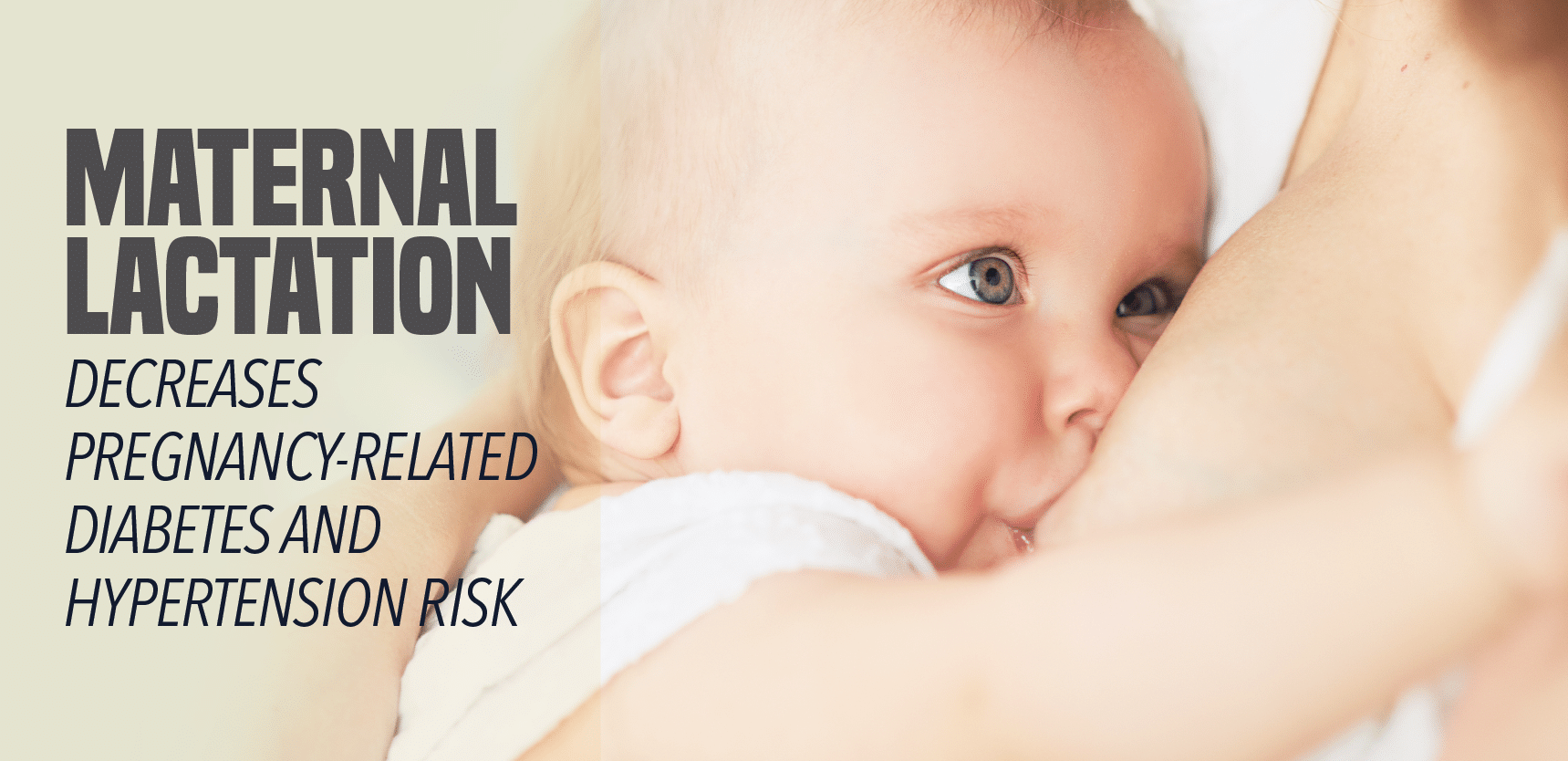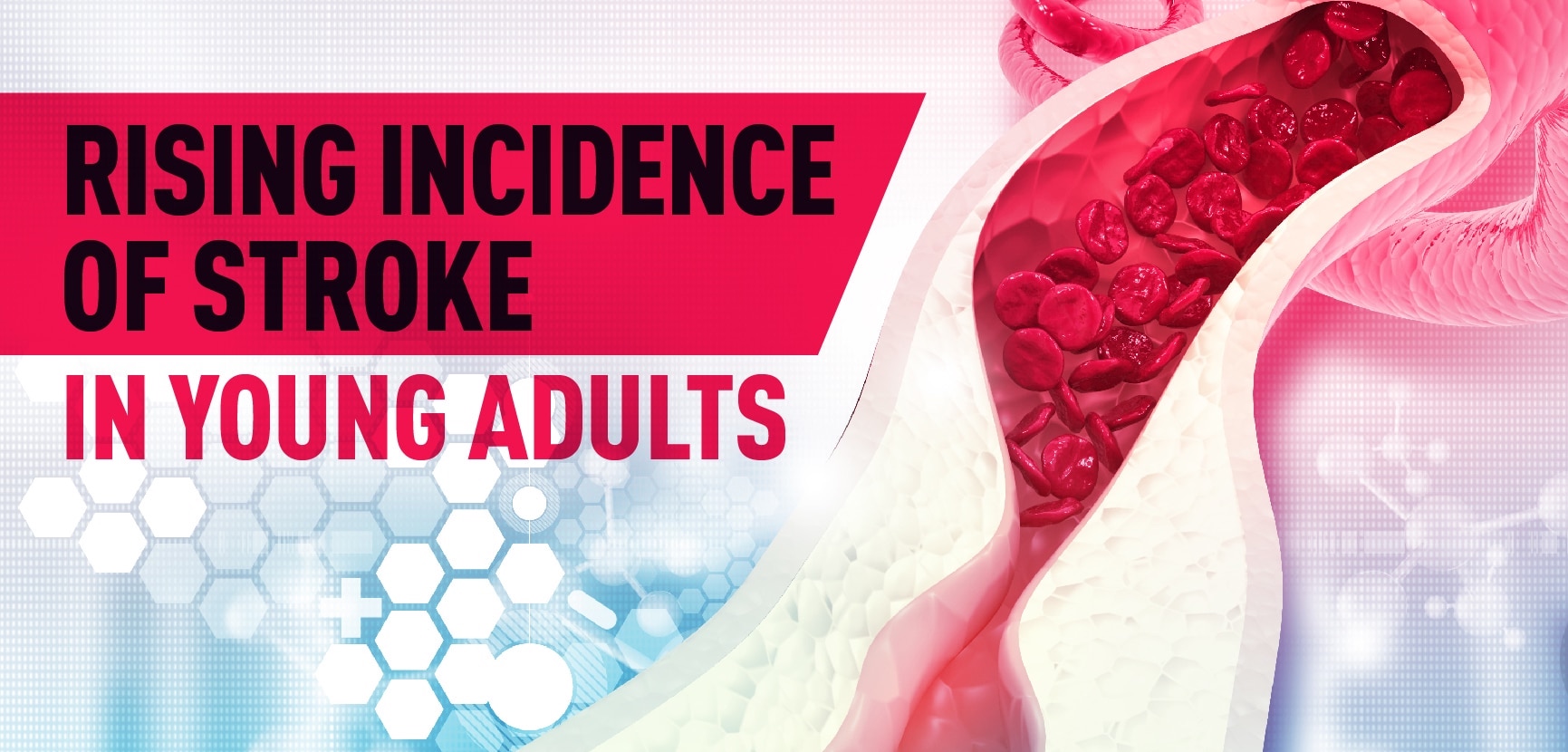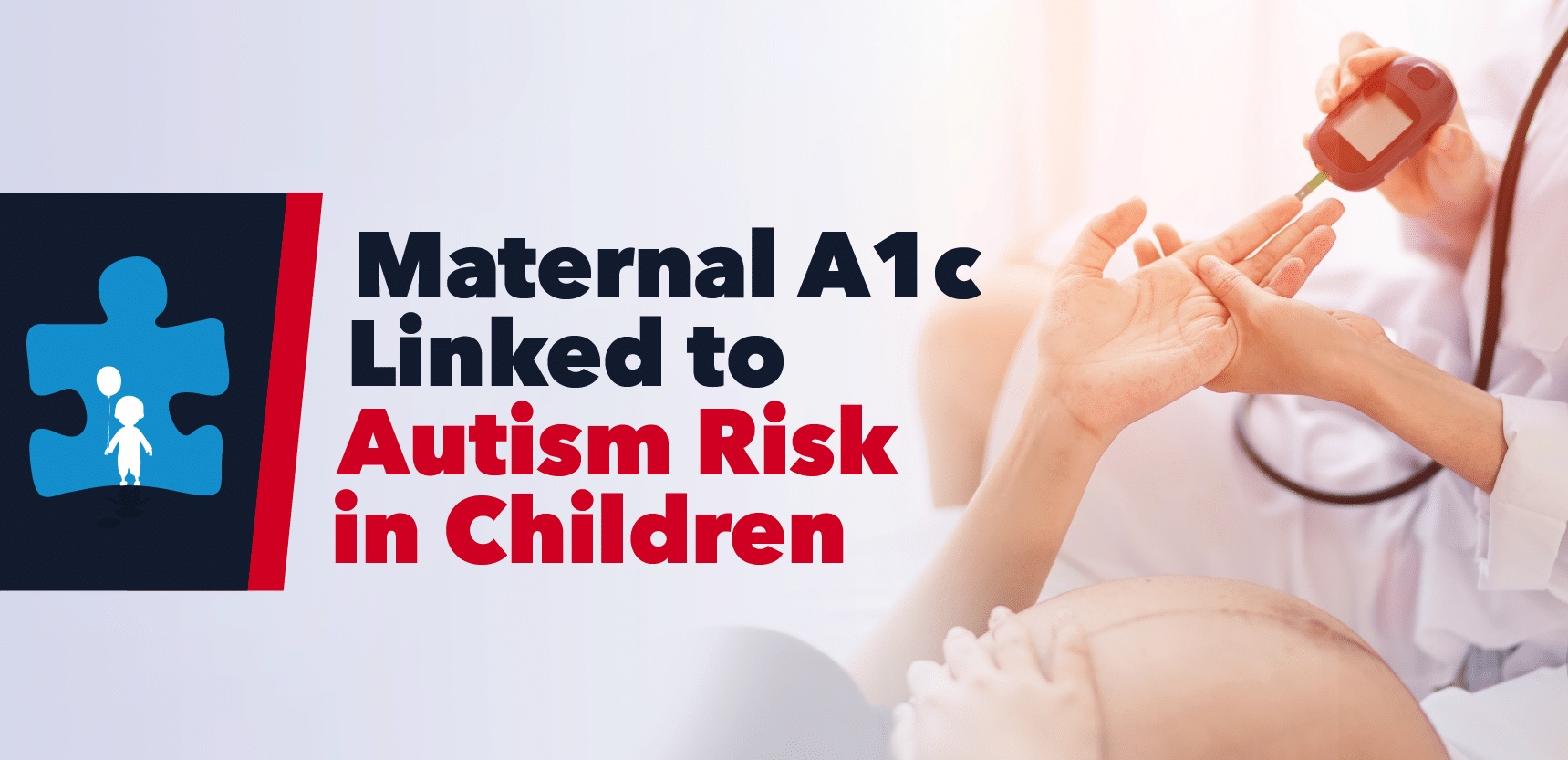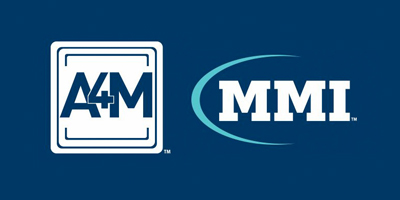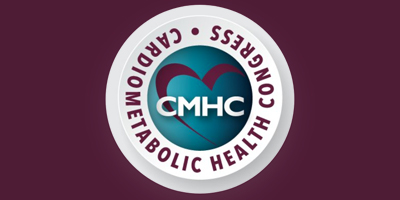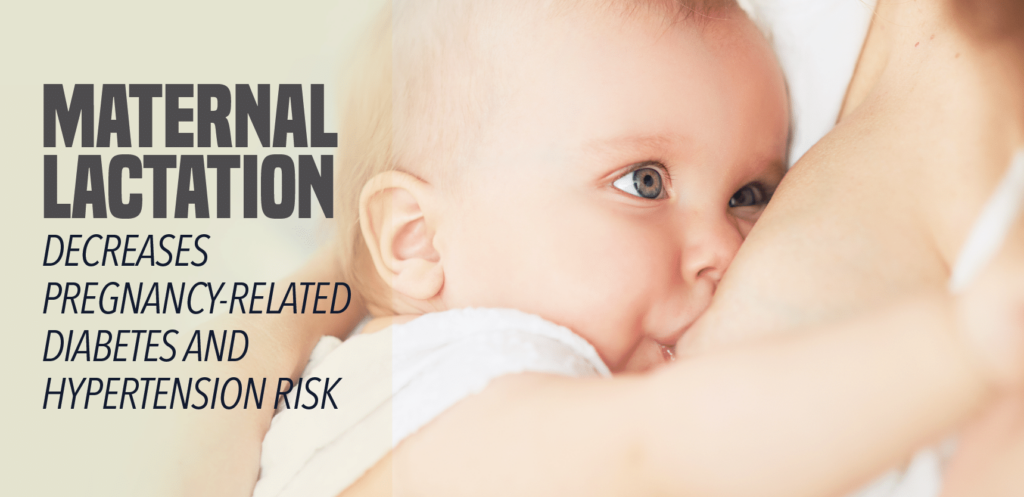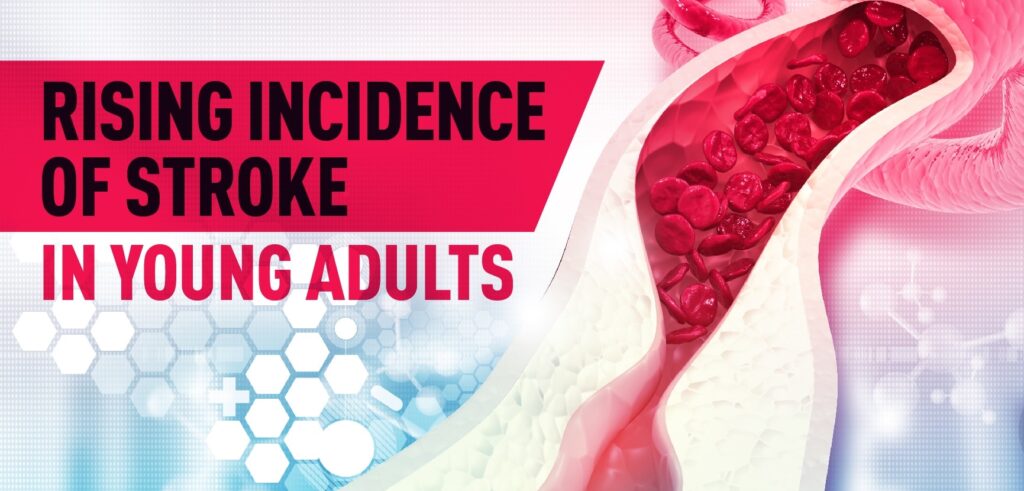Antenatal corticosteroids improve newborn outcomes for preterm infants. However, predicting which women presenting for threatened preterm labor will have preterm infants is inaccurate and many women receive antenatal corticosteroids but then go on to deliver at term.
Researchers conducted a retrospective cohort study to compare the short-term outcomes of infants born at term to women who received betamethasone (BMZ) for threatened preterm labor to infants who were not exposed to BMZ in utero. The sample consisted of infants born at or after 37 weeks’ gestational age (GA) to mothers diagnosed with threatened preterm labor during pregnancy. At a mean GA of 32.2 ± 3.3 weeks, 1,459 (27.5%) of the 5,330 women received BMZ. Women who received BMZ had infants with higher rates of neonatal intensive care unit admission and SGA compared with women who did not receive BMZ when they were evaluated for preterm labor. While the benefits of BMZ to preterm infants are obvious, there may be negative consequences for term infants.


